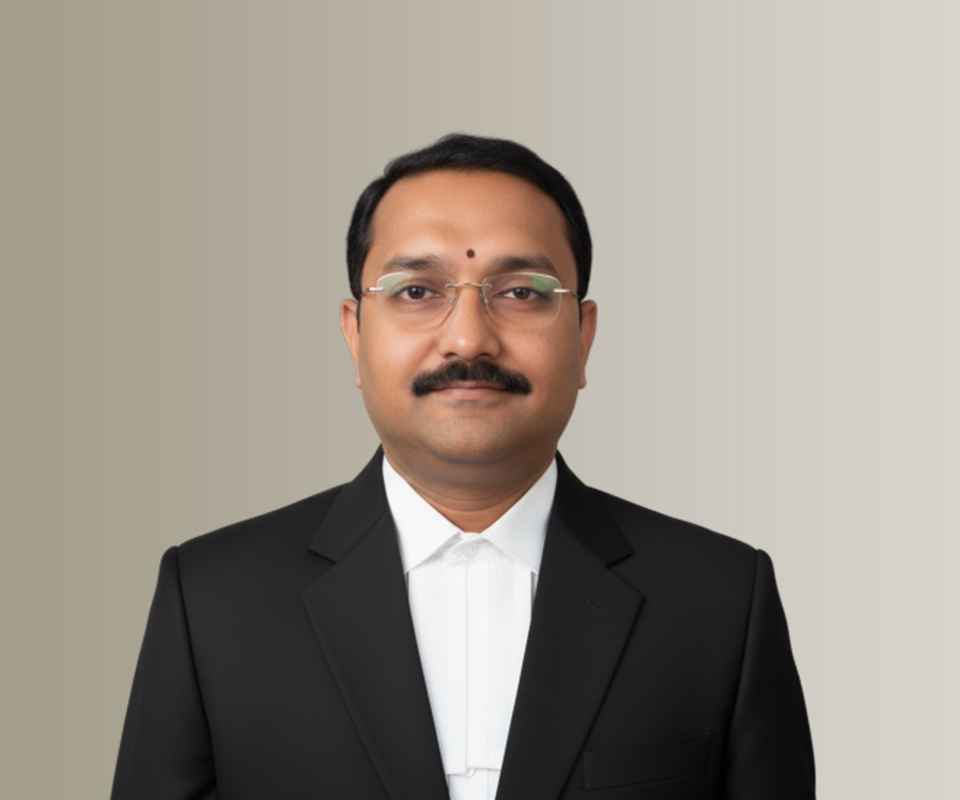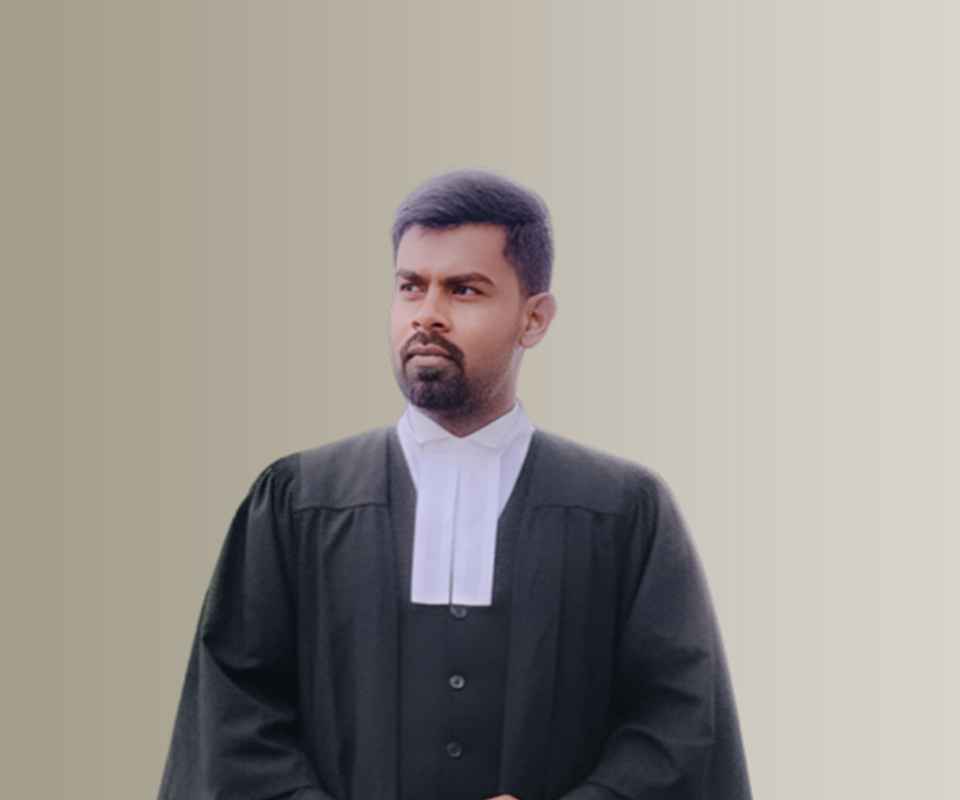Answer By law4u team
In India, child support typically covers the basic needs of a child, such as food, shelter, clothing, and healthcare. However, when it comes to specific expenses like private school fees, the situation can vary. Courts generally consider educational expenses as part of a child’s overall needs but may treat private school fees differently from basic child support. Parents may have to address private schooling costs separately in their child support agreements or in the court order, depending on the circumstances.
Are Private School Fees Covered by Child Support?
Basic Child Support vs. Educational Expenses:
Basic child support usually covers the child’s day-to-day living expenses, including food, clothing, and medical needs. These are considered the essential needs that both parents are obligated to provide.
Private school fees typically fall under educational expenses and may not be fully covered by the basic child support payment unless specifically included in the court order or child support agreement.
Since private school fees can vary greatly depending on the institution, the level of education (primary, secondary, higher education), and the location, they are often treated as separate from the standard child support obligations.
Court's Approach to Educational Expenses:
Educational expenses, including private school fees, are typically addressed separately in the child support order by the family court. While basic support might be used to cover the child’s regular living costs, extraordinary expenses like school fees, books, uniforms, and extracurricular activities are often added to the child support order.
Private School Fees: If the child is attending a private school, the court may order the non-custodial parent to contribute specifically toward school fees in addition to regular child support. This ensures that the child’s educational needs are met and may be adjusted based on the parents' financial capabilities.
Inclusion of Private School Fees in Child Support Orders:
If the parents agree on private school education, the court may specifically include a provision in the child support agreement or maintenance order for the payment of private school fees.
Separate Agreement: Parents may negotiate a separate arrangement in their divorce or separation agreement that includes the payment of private school fees as part of the financial responsibilities for the child’s welfare.
Modifications to Orders: If the child’s private school fees increase over time, the custodial parent can petition the court to modify the child support order to reflect the new educational costs.
Child's Best Interest:
Indian courts focus on ensuring that the child’s best interests are met. If the child is already enrolled in a private school and the custodial parent wishes to maintain the child’s education in that institution, the non-custodial parent may be required to contribute to the fees, as it is considered part of the child’s well-being.
Courts consider factors such as the standard of living of the child, whether the child has been enrolled in a private school for a significant period, and the parents’ financial ability to meet these additional educational expenses.
What Happens if Private School Fees are Not Covered by Child Support?
Additional Support Request:
If private school fees are not explicitly covered in the original child support agreement or order, the custodial parent can request additional support for these expenses. This can be done through a petition for modification of the existing child support order in family court.
The custodial parent must present evidence of the child’s school fees and other related educational costs to justify the request for additional payments from the non-custodial parent.
Non-Payment of School Fees:
If the non-custodial parent is unwilling or unable to pay the private school fees, the custodial parent can file a complaint with the family court. In some cases, the court may compel the non-custodial parent to contribute towards educational expenses if it’s in the best interest of the child.
Child Welfare: The court may also consider whether failing to contribute towards educational expenses negatively impacts the child’s overall welfare, potentially affecting their educational opportunities.
Example:
Scenario with Private School Fees:
A divorced mother has primary custody of her 12-year-old child. The father is ordered to pay ₹20,000 per month in child support. However, the child attends a private school with annual fees of ₹50,000.
The mother may petition the court to ensure that the father also contributes to the school fees in addition to the regular child support. The court will review the financial capacity of both parents and may order that the father contribute separately to the school fees.
If the court grants this request, the father may be ordered to pay a certain percentage of the private school fees, or the entire amount, depending on the financial situation of both parents.
Scenario of Increased School Fees:
Suppose a child’s school raises its fees by 15% each year due to inflation. The custodial parent can request the family court to modify the child support agreement to reflect these increased educational expenses.
The court will assess the custodial parent’s request and may order the non-custodial parent to contribute to the increased fees, ensuring that the child’s education is not affected by rising costs.
Conclusion:
In India, private school fees are generally not automatically covered by basic child support payments. These fees are considered separate educational expenses, and parents can either address them through a separate agreement or request the family court to include them in the child support order. Courts will typically consider the child’s best interests when deciding on educational expenses, and the non-custodial parent may be required to contribute toward private school fees in addition to regular child support payments.
Parents should make sure that their child support arrangements explicitly cover educational costs, especially if the child attends a private school, to avoid any financial strain. If private school fees are not included in the initial order, the custodial parent can always request a modification of the child support arrangement.






